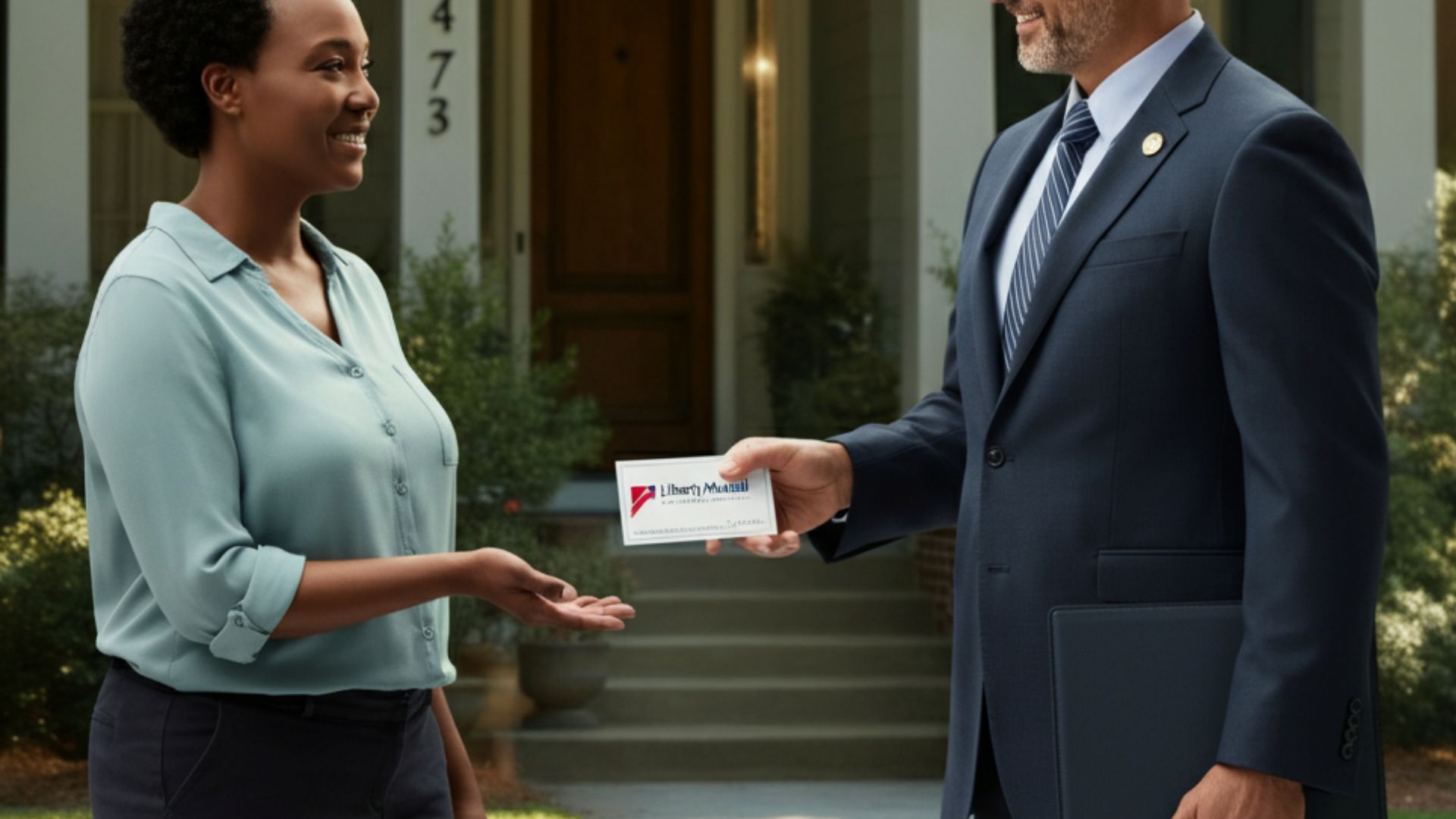Why Louisiana Homeowners Deserve Answers
If you’re one of the 138,000 Louisiana residents insured by Liberty Mutual, you may soon see a small refund coming your way. For four years, the insurance giant overcharged policyholders for the Louisiana Citizens Property Insurance Corp. assessment. This surcharge is intended to help homeowners who cannot find coverage on the private insurance market due to natural disaster risks, but errors in Liberty Mutual’s calculations left many consumers paying more than they should have.
The overcharges, which total about $4 million, might not break the bank for individual policyholders, but they highlight issues that families across the state face in understanding their insurance bills. The error came to light earlier this year, and while corrections are underway, the incident underscores the importance of double-checking assessments on policies.
What Happened? Breaking Down the Overcharges
The Louisiana Citizens assessment has been a standard part of homeowner’s insurance bills since 2005. This charge was born out of necessity, helping the state cover damages from hurricanes Katrina and Rita by spreading a small cost among insured homeowners. Over the years, this assessment rate has steadily decreased as the insurance market has stabilized.
Here’s where Liberty Mutual went wrong. Since 2021, the company failed to adjust the assessment rate, charging customers 2.49% of their premiums each year. This percentage should have gradually decreased, with the correct rate now at just 1.36% for 2024. This oversight led to higher-than-necessary bills for policyholders—for example, a customer with a $4,000 annual premium paid $100 for the assessment in 2023 but should have been charged $68.
The refund amounts will vary depending on individual premiums and the gap between what was charged versus the correct rates. Small as these refunds may seem in isolation, $4 million in total overcharges speaks to a much larger accountability issue.
The Investigation That Brought It to Light
This error came to the attention of the Louisiana Department of Insurance earlier in February when a policyholder noticed something wasn’t adding up on their renewal notice. The complaint triggered a review, and the department discovered that Liberty Mutual hadn’t updated its assessment rates in alignment with state requirements for four years.
Liberty Mutual has since acknowledged the mistake and is working with state regulators to ensure customers receive their refunds. Insurance Commissioner Tim Temple assured residents that his office will closely monitor the process to ensure affected policyholders are reimbursed correctly and quickly. Deputy Insurance Commissioner John Ford explained that while this issue appears isolated to Liberty Mutual, the department is looking into whether other insurers made similar errors.
A Long-Awaited End to the Louisiana Citizens Assessment
Interestingly, the timing of this discovery coincides with a major turning point for the Louisiana Citizens Property Insurance Corp. Starting next month, the assessment will no longer be added to homeowners’ bills. After nearly two decades of steady reductions, the state has finally reached a financial position where this additional charge is no longer required.
While this is welcome news, the overcharge incident is a reminder of the complexities consumers face when dealing with insurance. It’s easy to overlook line items in a premium breakdown, but as this case shows, those small charges add up over time.
What This Means for Louisiana Homeowners
For many homeowners, this situation raises important questions about transparency and trust in the insurance industry. Louisiana residents have weathered enough challenges, from the physical devastation of hurricanes to the financial strain of skyrocketing premiums. Knowing they may have been overcharged for years by a company they trusted can understandably sting.
The refunds, though small for most individuals, represent a broader win for consumer rights. They highlight the importance of policyholders staying vigilant and advocating for themselves when something seems off. For example, if you’ve been suspicious about unexplained charges or surcharges in your insurance bill, this might be the perfect time to ask questions or request a review. It also sheds light on the critical role regulators play in holding companies accountable.
Lessons for the Future
This issue illustrates how a seemingly minor oversight can have a widespread impact. Louisiana homeowners can take this as a cue to stay engaged with their insurance policies and to understand exactly what they’re paying for. Transparency is a shared responsibility, as much on policyholders to ask questions as it is on insurers to communicate clearly.
With the Louisiana Citizens assessment ending, there’s an opportunity for homeowners to rethink their insurance plans and budgets. Though this specific charge is disappearing, the broader challenges of insuring property in disaster-prone regions remain front and center.
On a larger scale, this case could prompt insurers to audit their operations more frequently and refine their communication with customers. For policyholders, it’s a reminder to review every renewal notice carefully. Taking even a few moments to question discrepancies could save you money and set a precedent for accountability in industries where consumer trust is paramount.
Moving Forward in a Complex Insurance Landscape
The transition away from the Louisiana Citizens assessment is a chance for families to breathe a small sigh of relief. However, the Liberty Mutual overcharges reflect ongoing challenges in ensuring transparency between insurers, regulators, and consumers.
While no one hopes for billing errors or oversight, this situation offers a learning moment for all. Whether it’s asking the right questions, double-checking your bills, or advocating for fair treatment, empowered policyholders play a crucial role in a fair insurance market.


